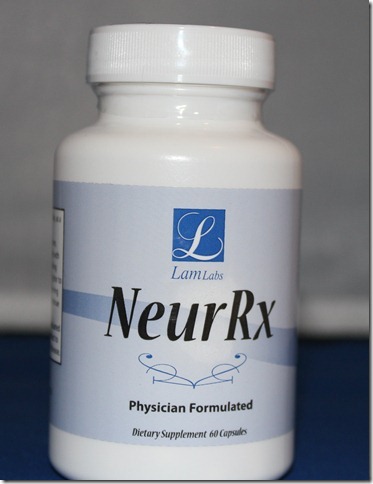Common Symptoms of Polyneuropathy
Polyneuropathy is caused by damage to the peripheral nerves. This means you may not feel pain, heat, or cold or in your extremities.
The condition is fairly common and sometimes disabling. Polyneuropathy often develops over several months
If for instance, you get a cut or sore on your foot, you may not know it, until such time that it has become quite advanced.
The early symptoms of polyneuropathy may include:
1. Numbness
2. Pins and needles
3. Tingling sensation
4. Prickling feeling
5. Burning sensation
6. Cold extremities
7. Muscle weakness
The exact cause of chronic polyneuropathy is not known but most often associated with diabetes; both type 1 and type 2. Other causes are chronic alcoholism, nutritional deficiencies most particularly vitamin B1 and B12, infections, drugs, and congenital problems.
Treatment depends on the cause. For patients with diabetes, control glucose levels as well as blood pressure. Corticosteroids are anti-inflammatory drugs that can relieve severe pain associated with inflammation.
Preventive measures include proper foot care, using sensible footwear, and weight reduction. It is important to inspect your feet daily. Stay active, avoid smoking, and correct any nutritional deficiencies.
Vitamin B1 deficiency is a well-known cause of polyneuropathy. Diabetics and non-diabetics alike may be deficient in the vitamin. Reversing thiamine or B1 thru supplements is often a highly successful way to nutritionally manage polyneuropathy, such as NeuRx. This is physician formulated and contains vitamin B, alpha lipoic acid, and DHEA.
NeuRx is physician formulated and has been used in my practice for diabetic neuropathy as well as other polyneuropathies and post nerve surgery patients.
In addition to the thiamine derivative listed above, NeurRx has B12, DHEA and Alpha Lipoic Acid to strengthen the effects and the results have been Wonderful.



